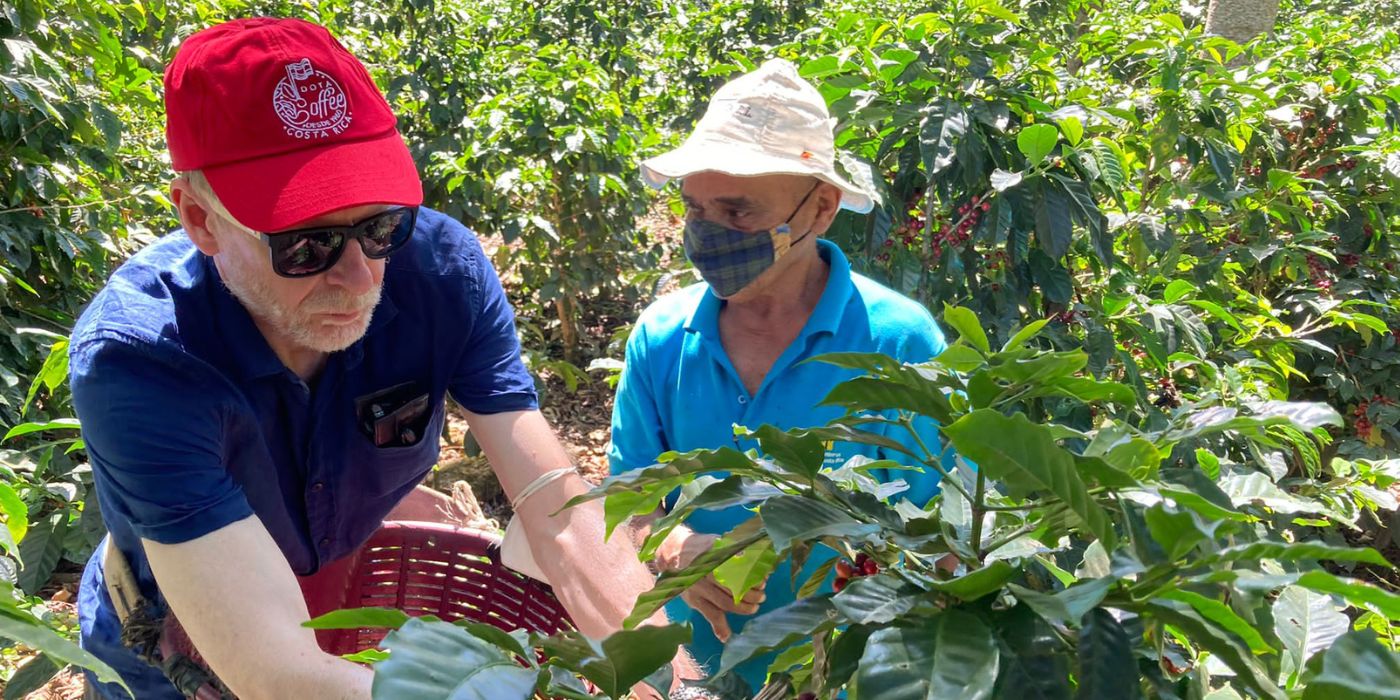My grandfather was probably the first independent roaster to buy direct from African farmers in Tanzania, and to sell single-origin coffees from individual farms and became one of the most respected people in the coffee industry. He travelled to Mount Kilimanjaro in 1960, absconding from an organised trip to Kenya to take a bus to Moshi, Tanzania to meet the farmers of the Kilimanjaro Native Cooperative Union. He, my aunt and my dad made regular trips over the following years and we made many friends with locals, not necessarily all to do directly with the coffee industry.
I remember therefore very vividly when at 18 I travelled to Tanzania for the first time. Having arrived in Arusha in the dark evening I had seen very little from the back of the car on the way from the airport being tired after the long flight.
We stayed with a British couple working for an economic development aid agency in their colonial era bungalow behind walls and gates with a watchman and surrounded by a large garden scented from unseen flowers with aromas far more intense than I had ever experienced. It was only on the first morning when we were driven into town to go to the bank that I really saw Africa. Our hosts in the front were chatting away describing everything but I could only stare in silence at the red soil, the shabby buildings, the brightly dressed locals, and of course the poverty. This was a massive shock, mainly because I could not just see it but smell it. Open sewers ran down the roads where food was being sold or even cooked on the pavement and some people had terrible disabilities. I suddenly realised how far from home I was and what also hit me was that everything going on there was utterly irrelevant to these people, and because I was there too, was utterly irrelevant and trivial to me. These people were living life on the edge, basically surviving, or not surviving.








